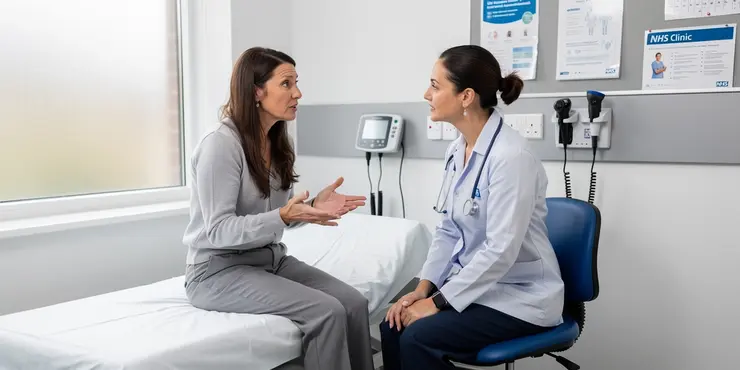
Find Help
More Items From Ergsy search
-
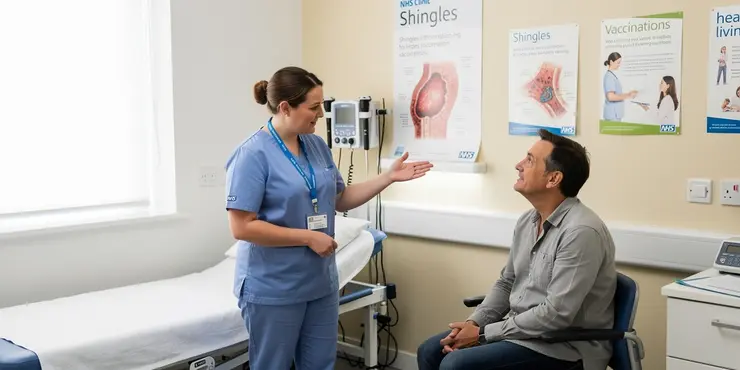
Is shingles contagious?
Relevance: 100%
-
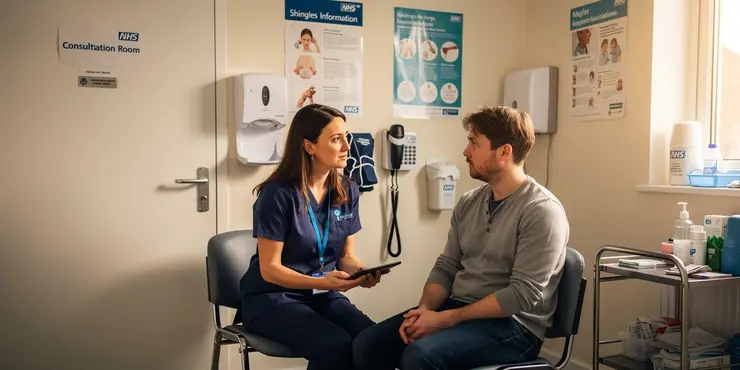
What is shingles?
Relevance: 100%
-
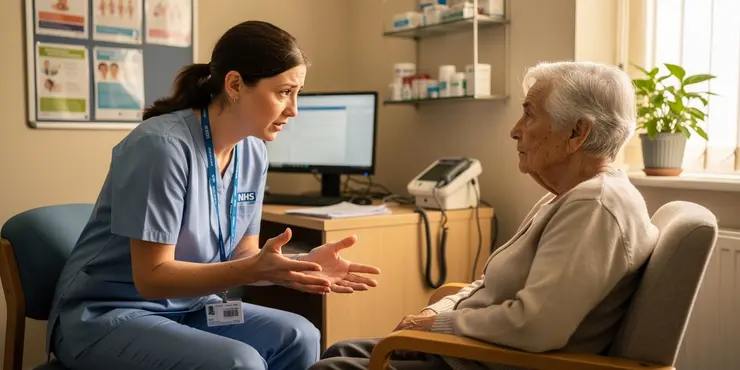
What is Shingles?
Relevance: 100%
-
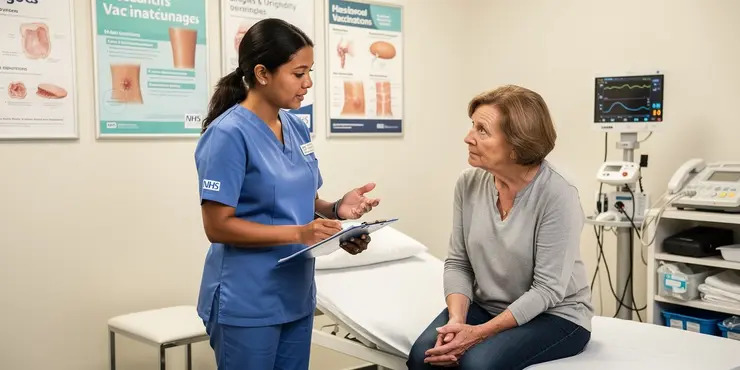
Is shingles contagious?
Relevance: 99%
-
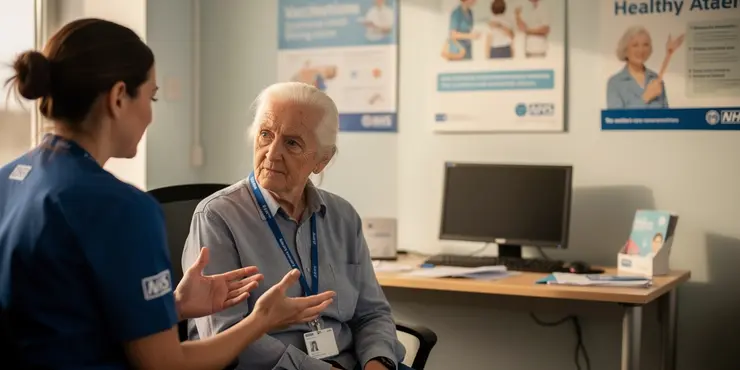
Can shingles be prevented?
Relevance: 96%
-
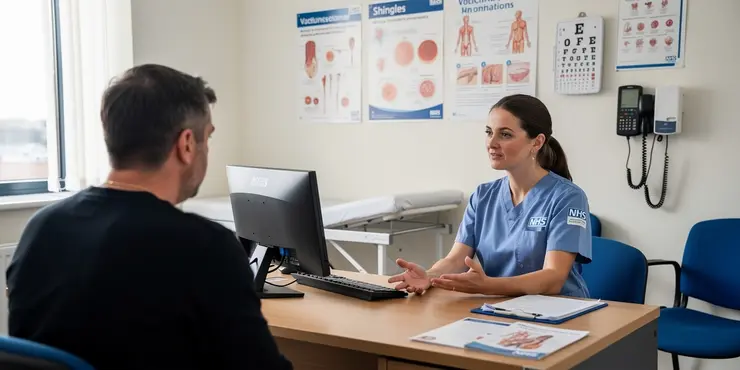
What causes shingles?
Relevance: 95%
-
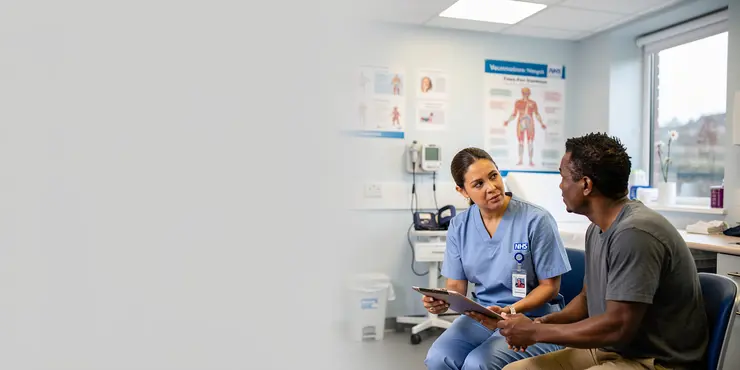
What causes shingles?
Relevance: 95%
-
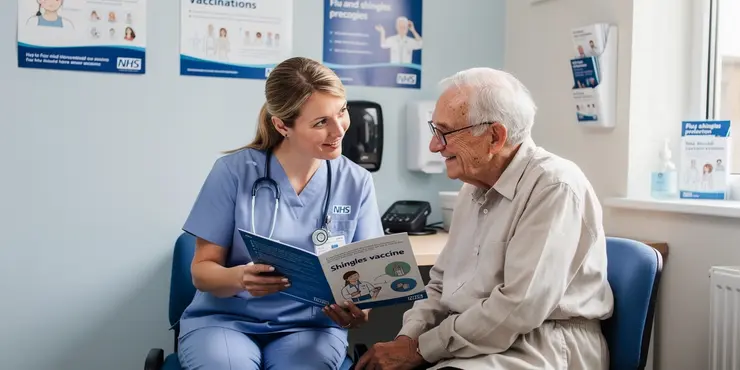
Is the shingles vaccine safe?
Relevance: 95%
-
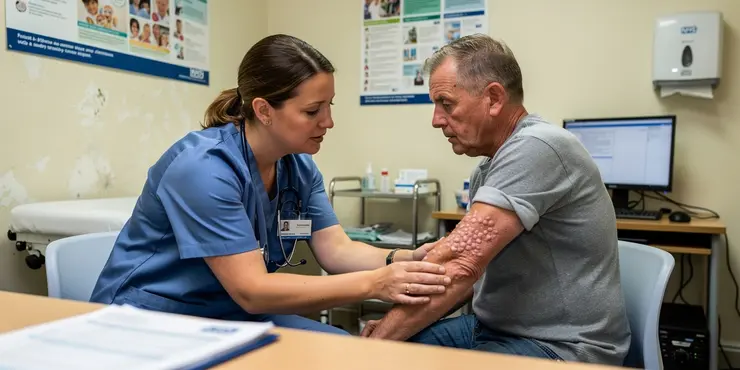
How is shingles diagnosed?
Relevance: 95%
-
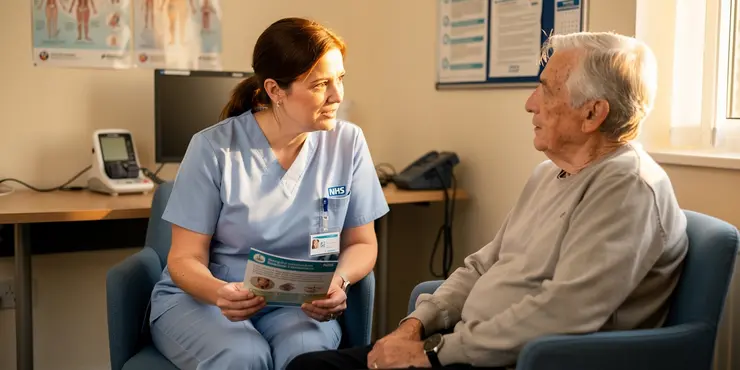
Can shingles be prevented?
Relevance: 95%
-
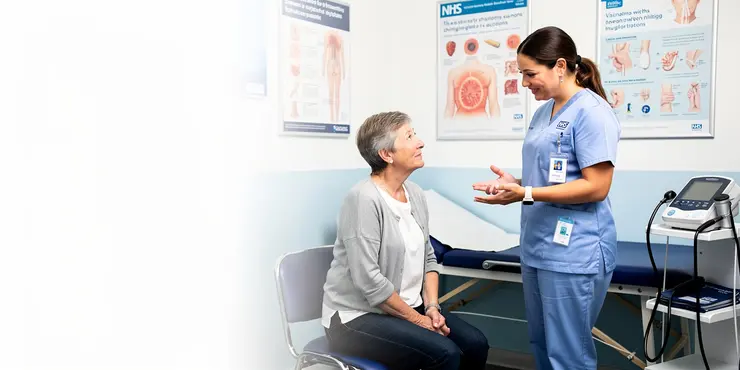
What are the symptoms of shingles?
Relevance: 94%
-
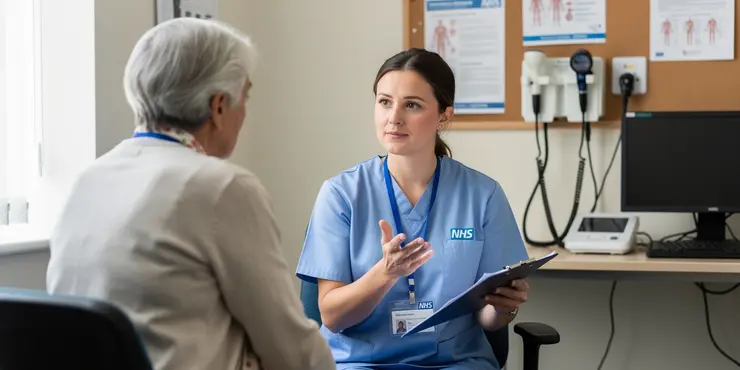
Who is at risk of developing shingles?
Relevance: 92%
-
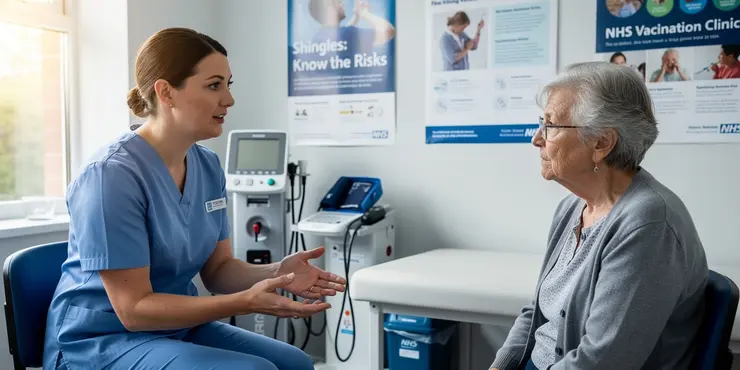
Are there any complications associated with shingles?
Relevance: 92%
-
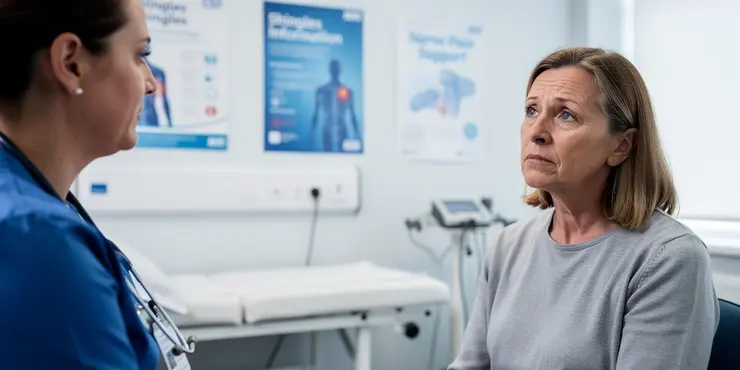
Are there any complications associated with shingles?
Relevance: 91%
-
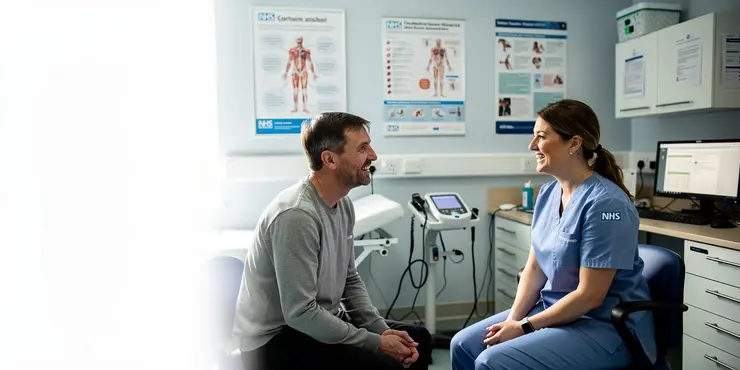
Can stress trigger shingles?
Relevance: 91%
-
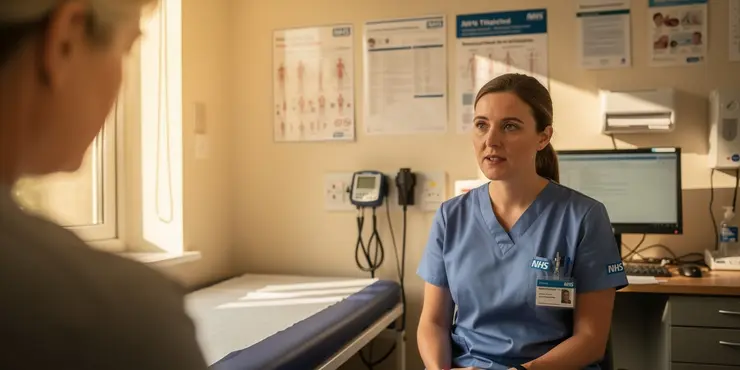
What treatments are available for shingles?
Relevance: 91%
-
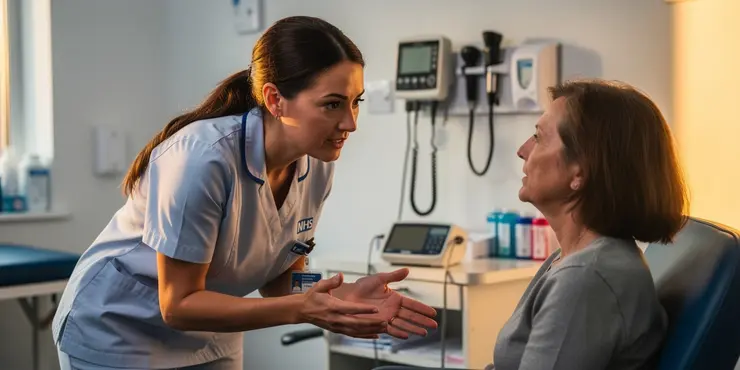
Can stress trigger shingles?
Relevance: 91%
-
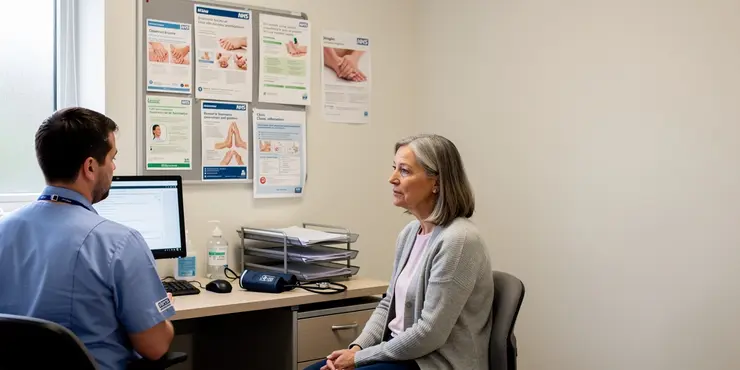
What treatments are available for shingles?
Relevance: 90%
-
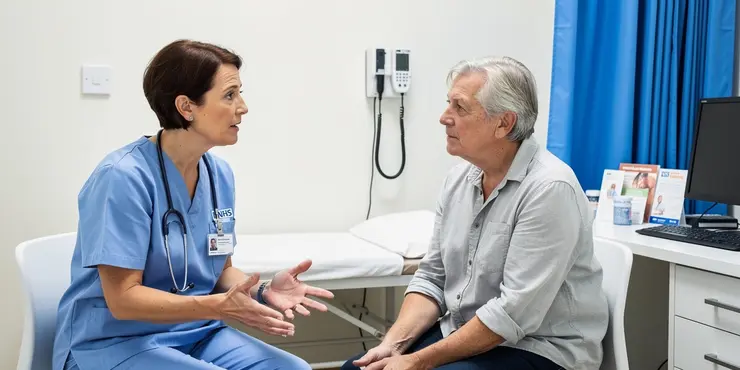
Can the shingles vaccine cause chickenpox?
Relevance: 89%
-
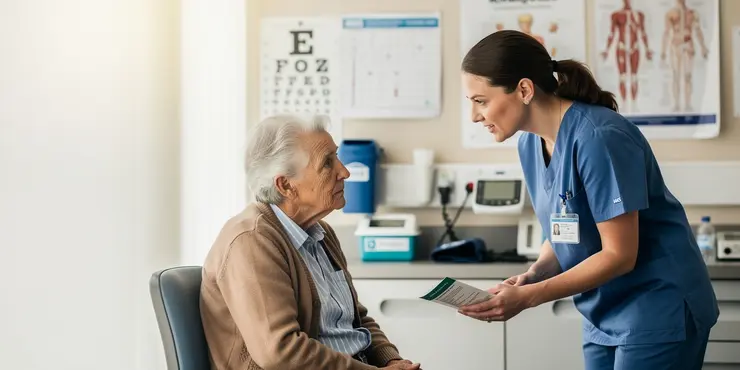
Can the shingles vaccine cause chickenpox?
Relevance: 88%
-
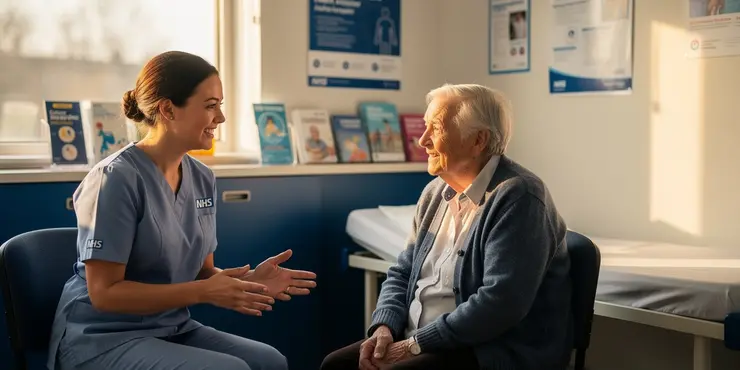
At what age should one get the shingles vaccine?
Relevance: 84%
-
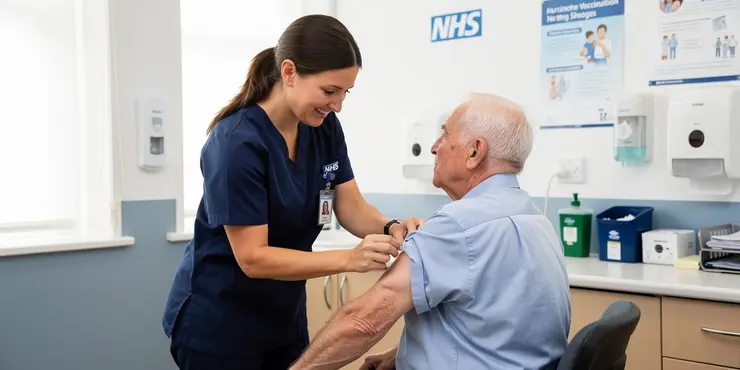
At what age should one get the shingles vaccine?
Relevance: 83%
-
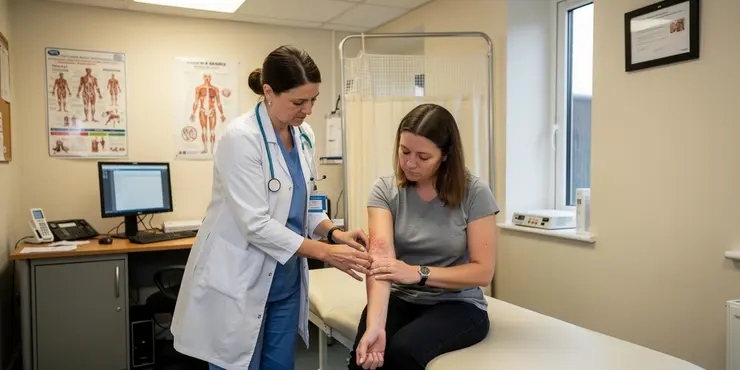
How is shingles diagnosed?
Relevance: 68%
-

Who is at risk of developing shingles?
Relevance: 65%
-
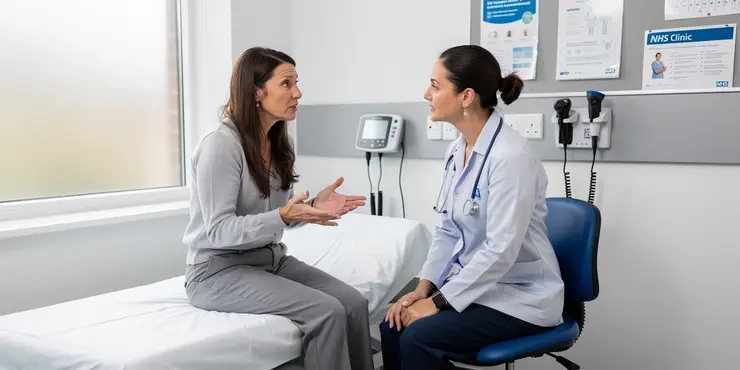
What should I do if I think I have shingles?
Relevance: 62%
-
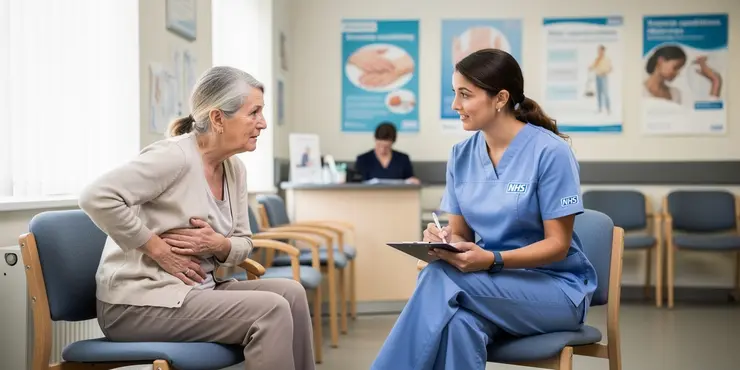
How long does a shingles outbreak continue before it clears up?
Relevance: 55%
-
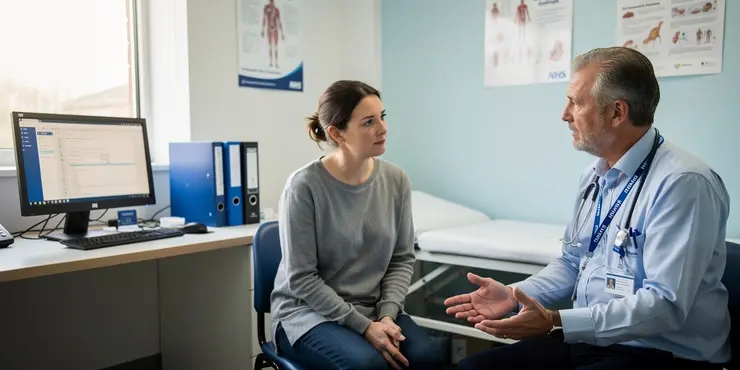
How long does a shingles outbreak continue before it goes?
Relevance: 55%
-
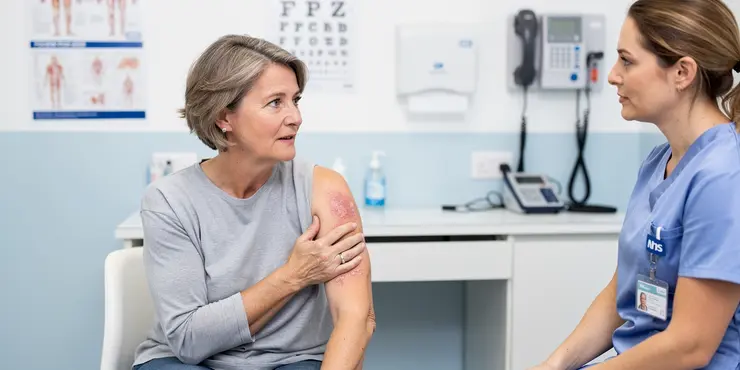
What is postherpetic neuralgia?
Relevance: 48%
-
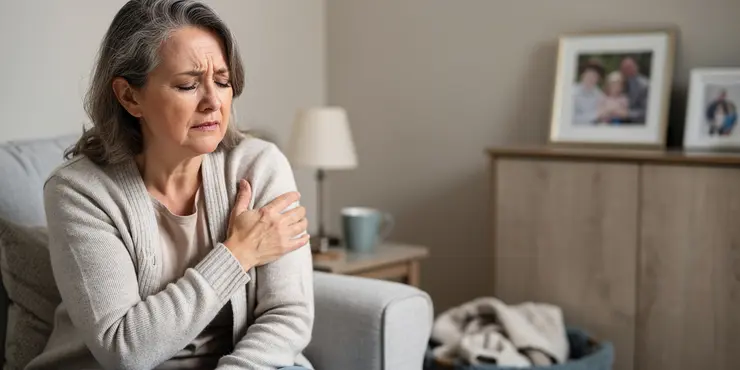
What is postherpetic neuralgia?
Relevance: 46%
-
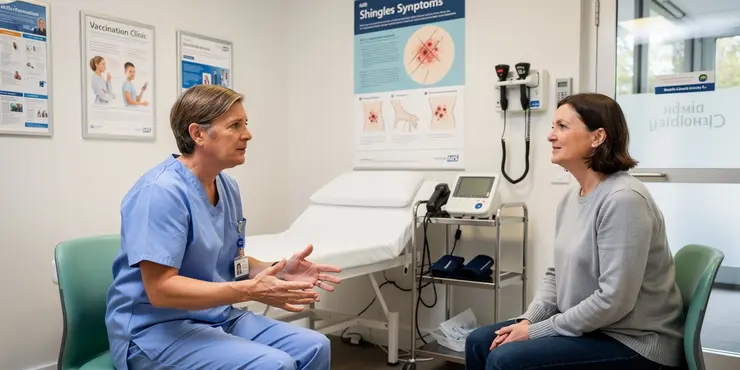
What are the symptoms of shingles?
Relevance: 44%
-
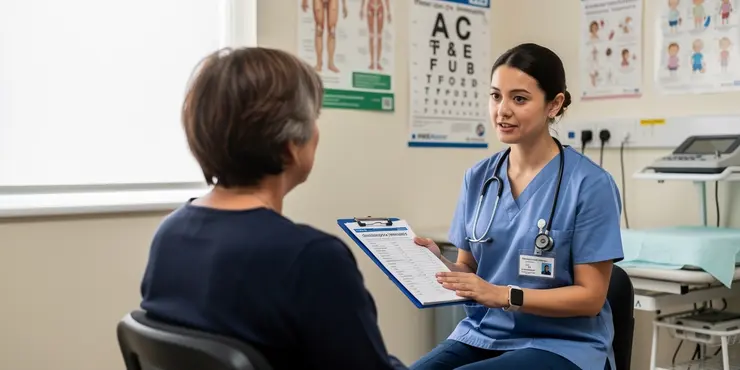
Can you get chickenpox more than once?
Relevance: 40%
-
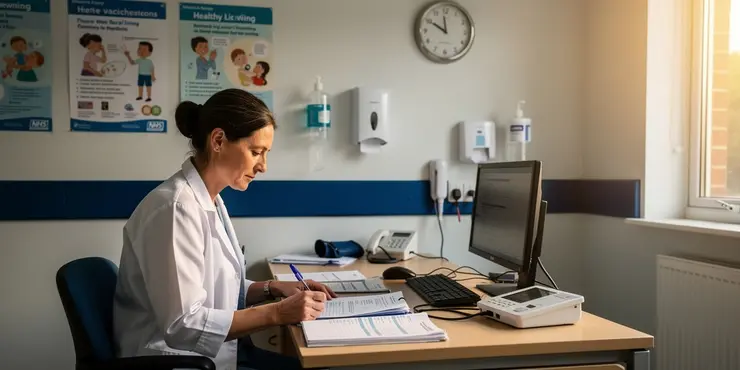
Can adults get chickenpox?
Relevance: 35%
-
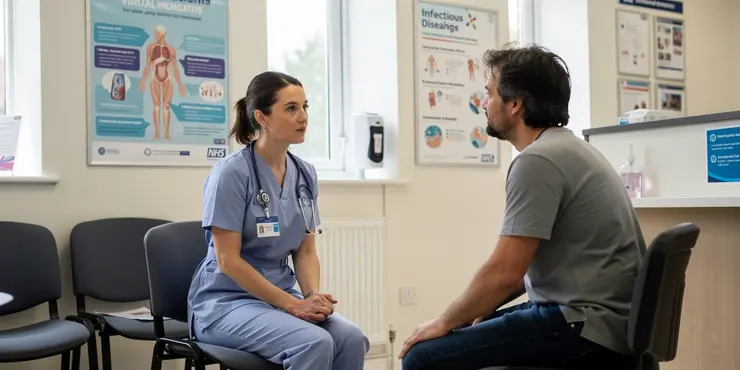
What causes viral meningitis?
Relevance: 19%
-
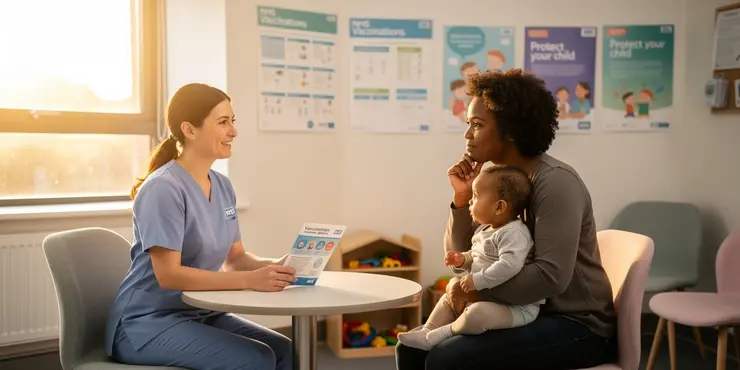
Should I get the chickenpox vaccine?
Relevance: 15%
-
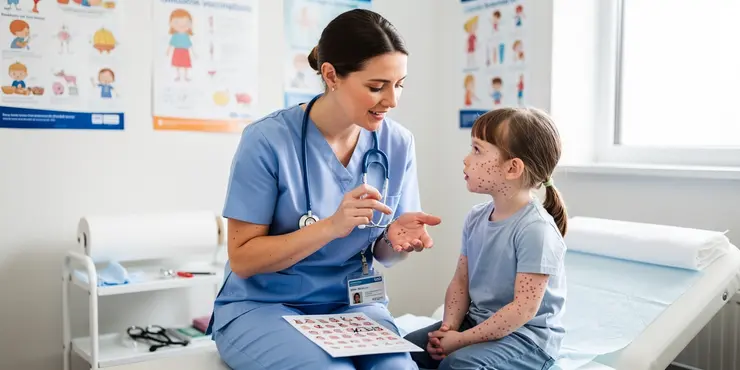
Is chickenpox contagious?
Relevance: 14%
-
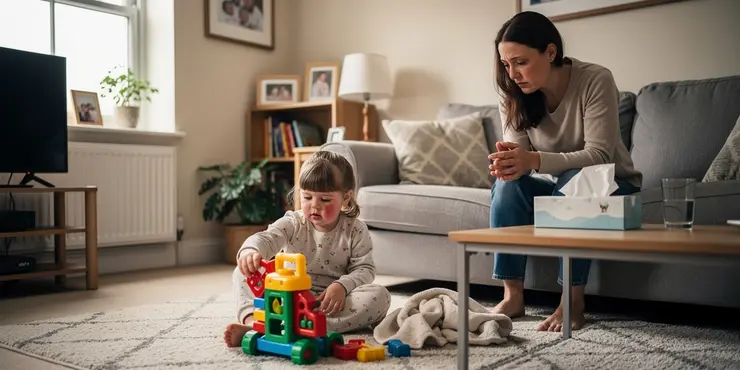
What is Chickenpox?
Relevance: 14%
-
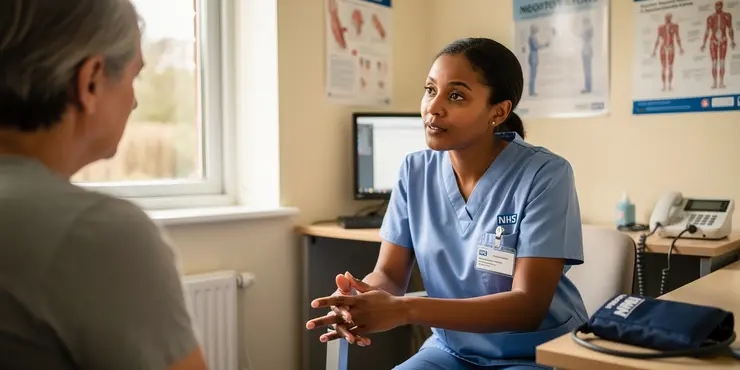
What is a neuropathy?
Relevance: 14%
-
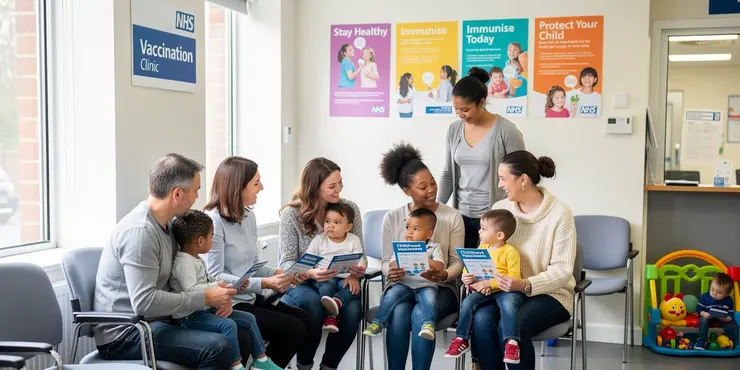
Have there been any government campaigns to increase vaccination rates?
Relevance: 14%
-
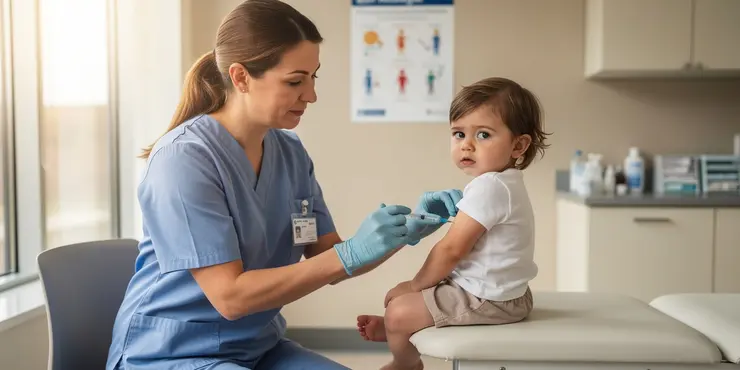
Can everyone receive vaccines?
Relevance: 13%
-
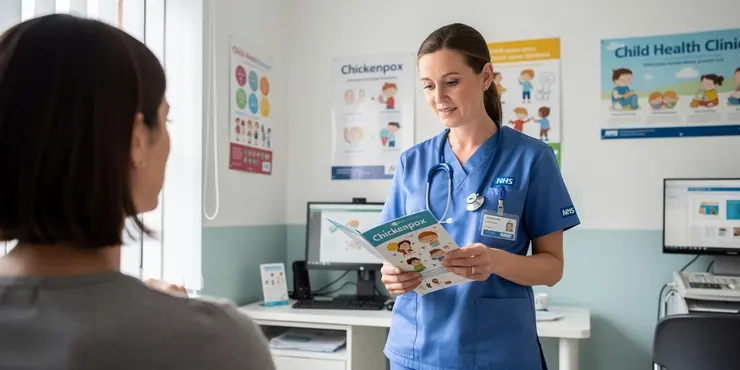
How is chickenpox spread?
Relevance: 13%
Understanding Shingles
Shingles, also known as herpes zoster, is a viral infection caused by the varicella-zoster virus, the same virus responsible for chickenpox. It typically presents as a painful rash or blisters on one side of the body or face. If you suspect you have shingles, it's important to seek medical advice promptly to manage symptoms and prevent complications.
Recognising the Symptoms
The initial symptoms of shingles can include a tingling or painful sensation in a specific area, followed by a red rash that usually appears a few days later. This rash may develop into itchy blisters filled with fluid. Additional symptoms can include fever, headache, and fatigue. It's critical to see a healthcare professional if you experience these symptoms, especially if the rash is near your eyes, as this can lead to serious problems.
Consult Your GP
If you believe you have shingles, contact your GP (General Practitioner) as soon as possible. Early diagnosis is crucial for effective treatment. Your GP can confirm the diagnosis and may prescribe antiviral medications, which can help to speed up healing and reduce the severity of the condition. It's best to start this medication within 72 hours of the rash appearing for maximum effectiveness.
Managing Shingles at Home
While waiting for medical advice, there are several steps you can take at home to alleviate discomfort. Keep the rash clean and dry to reduce the risk of infection. Wearing loose clothing can help avoid irritation. Over-the-counter pain relief, such as paracetamol or ibuprofen, may help manage pain. Applying cool, damp cloths to the affected area can also provide relief.
Preventing the Spread of the Virus
Shingles is less contagious than chickenpox, but the virus can still spread to individuals who have never had chickenpox or have not been vaccinated against it, potentially causing chickenpox. This is particularly important to prevent around pregnant women, newborns, and individuals with weakened immune systems. Cover the rash and wash your hands frequently to minimize the risk of spreading the virus.
Consider the Shingles Vaccine
The NHS offers a shingles vaccine to individuals in their 70s to help reduce the risk of developing shingles and the severity of symptoms if contracted. If you fall within this age group and haven't already been vaccinated, discuss the possibility with your GP. The vaccine can help prevent shingles or reduce its intensity and potential complications.
When to Seek Emergency Help
Though rare, shingles can lead to complications such as bacterial infections of the skin, eye issues, or neurological problems. Seek immediate medical attention if you experience widespread or severe symptoms, such as high fever, confusion, or vision problems.
Understanding Shingles
Shingles is a sickness caused by a virus. It is the same virus that causes chickenpox. Shingles makes a painful rash or blisters on one side of your body or face. If you think you have shingles, see a doctor quickly. They can help with your symptoms and stop other problems.
Recognising the Symptoms
Early signs of shingles might be tingling or pain in one area. Then, a red rash can show up a few days later. This rash can turn into itchy blisters with fluid. You might also have a fever, headache, and feel very tired. Go to the doctor if you have these signs, especially if the rash is near your eyes, because it could cause serious issues.
Consult Your GP
If you think you have shingles, call your GP (doctor) straight away. It's important to start treatment early. Your GP can tell you if you have shingles and might give you medicine to help you heal faster. It’s best to take this medicine within 72 hours after the rash starts.
Managing Shingles at Home
While waiting to see the doctor, you can do some things at home to feel better. Keep your rash clean and dry to stop infections. Wear loose clothes to avoid rubbing the rash. Painkillers like paracetamol or ibuprofen can help with pain. You can also put a cool, damp cloth on the rash to soothe it.
Preventing the Spread of the Virus
Shingles spreads less easily than chickenpox, but people who never had chickenpox or the vaccine can still catch the virus. This is important to remember around pregnant women, newborns, and people with weak immune systems. Cover your rash and wash your hands often to stop spreading the virus.
Consider the Shingles Vaccine
The NHS gives a vaccine for shingles to people in their 70s. This vaccine helps lower the chance of getting shingles or having severe symptoms. If you are in this age group, ask your GP about the vaccine. It can help prevent shingles or make it less serious.
When to Seek Emergency Help
Sometimes, shingles can cause serious problems like skin infections, eye problems, or nerve issues. Go to the hospital if you have bad symptoms like very high fever, confusion, or vision trouble.
Frequently Asked Questions
Useful Links
This website offers general information and is not a substitute for professional advice.
Always seek guidance from qualified professionals.
If you have any medical concerns or need urgent help, contact a healthcare professional or emergency services immediately.
Some of this content was generated with AI assistance. We’ve done our best to keep it accurate, helpful, and human-friendly.
- Ergsy carfully checks the information in the videos we provide here.
- Videos shown by Youtube after a video has completed, have NOT been reviewed by ERGSY.
- To view, click the arrow in centre of video.
- Most of the videos you find here will have subtitles and/or closed captions available.
- You may need to turn these on, and choose your preferred language.
- Go to the video you'd like to watch.
- If closed captions (CC) are available, settings will be visible on the bottom right of the video player.
- To turn on Captions, click settings .
- To turn off Captions, click settings again.
More Items From Ergsy search
-

Is shingles contagious?
Relevance: 100%
-

What is shingles?
Relevance: 100%
-

What is Shingles?
Relevance: 100%
-

Is shingles contagious?
Relevance: 99%
-

Can shingles be prevented?
Relevance: 96%
-

What causes shingles?
Relevance: 95%
-

What causes shingles?
Relevance: 95%
-

Is the shingles vaccine safe?
Relevance: 95%
-

How is shingles diagnosed?
Relevance: 95%
-

Can shingles be prevented?
Relevance: 95%
-

What are the symptoms of shingles?
Relevance: 94%
-

Who is at risk of developing shingles?
Relevance: 92%
-

Are there any complications associated with shingles?
Relevance: 92%
-

Are there any complications associated with shingles?
Relevance: 91%
-

Can stress trigger shingles?
Relevance: 91%
-

What treatments are available for shingles?
Relevance: 91%
-

Can stress trigger shingles?
Relevance: 91%
-

What treatments are available for shingles?
Relevance: 90%
-

Can the shingles vaccine cause chickenpox?
Relevance: 89%
-

Can the shingles vaccine cause chickenpox?
Relevance: 88%
-

At what age should one get the shingles vaccine?
Relevance: 84%
-

At what age should one get the shingles vaccine?
Relevance: 83%
-

How is shingles diagnosed?
Relevance: 68%
-

Who is at risk of developing shingles?
Relevance: 65%
-

What should I do if I think I have shingles?
Relevance: 62%
-

How long does a shingles outbreak continue before it clears up?
Relevance: 55%
-

How long does a shingles outbreak continue before it goes?
Relevance: 55%
-

What is postherpetic neuralgia?
Relevance: 48%
-

What is postherpetic neuralgia?
Relevance: 46%
-

What are the symptoms of shingles?
Relevance: 44%
-

Can you get chickenpox more than once?
Relevance: 40%
-

Can adults get chickenpox?
Relevance: 35%
-

What causes viral meningitis?
Relevance: 19%
-

Should I get the chickenpox vaccine?
Relevance: 15%
-

Is chickenpox contagious?
Relevance: 14%
-

What is Chickenpox?
Relevance: 14%
-

What is a neuropathy?
Relevance: 14%
-

Have there been any government campaigns to increase vaccination rates?
Relevance: 14%
-

Can everyone receive vaccines?
Relevance: 13%
-

How is chickenpox spread?
Relevance: 13%


